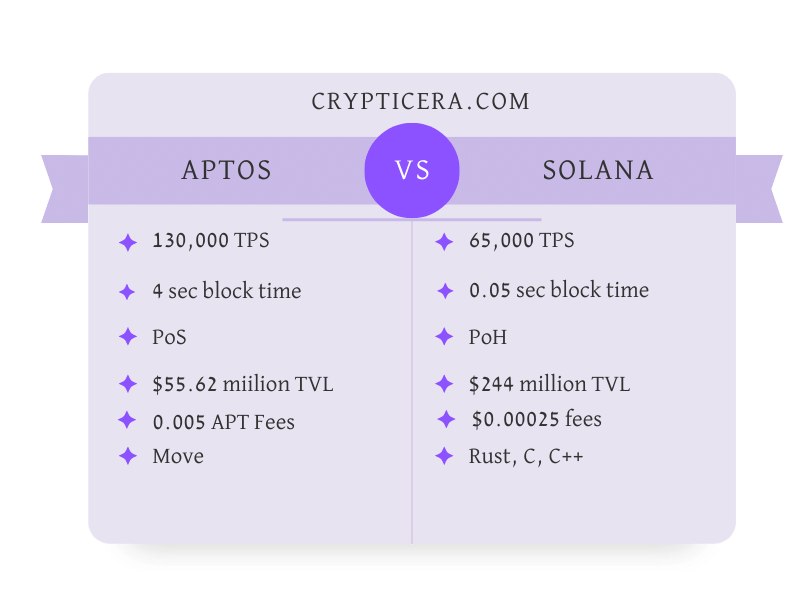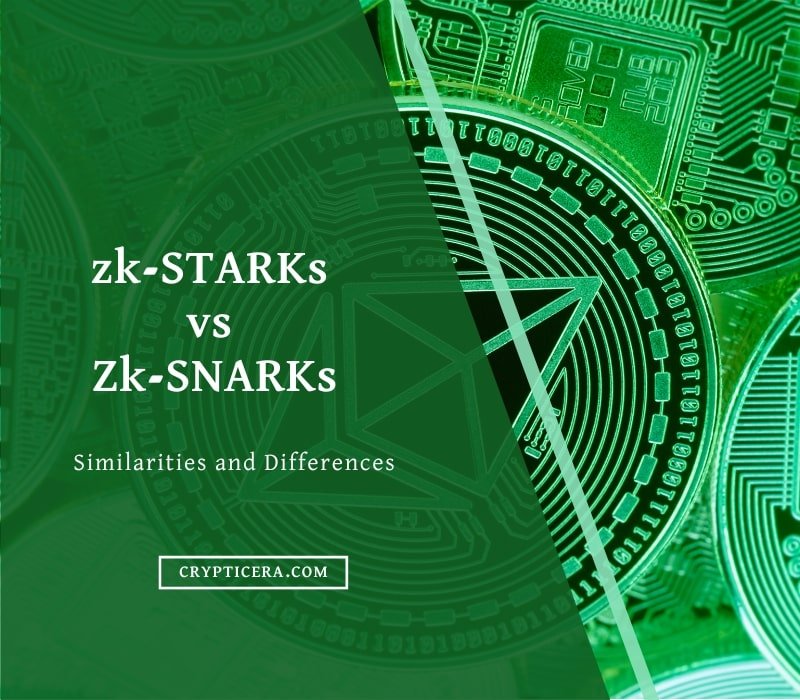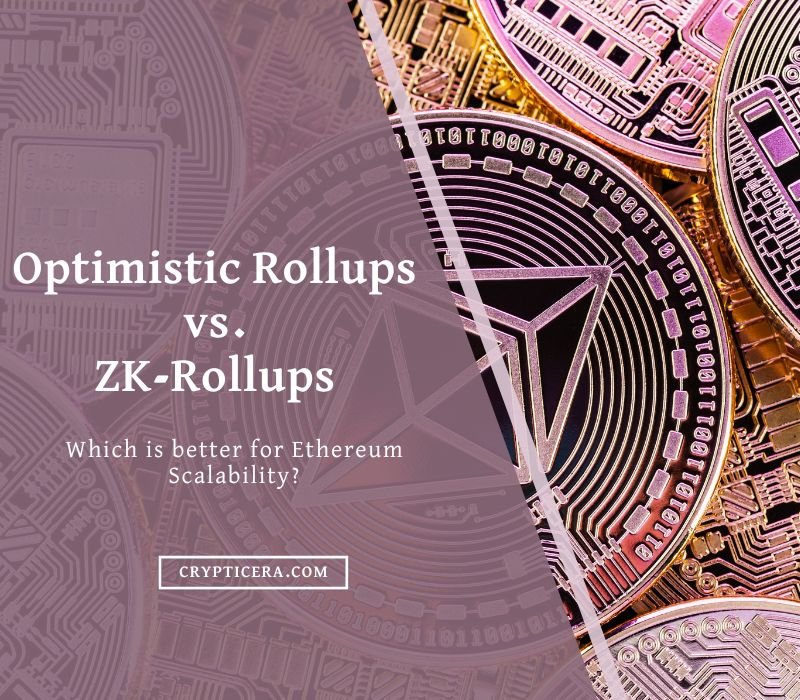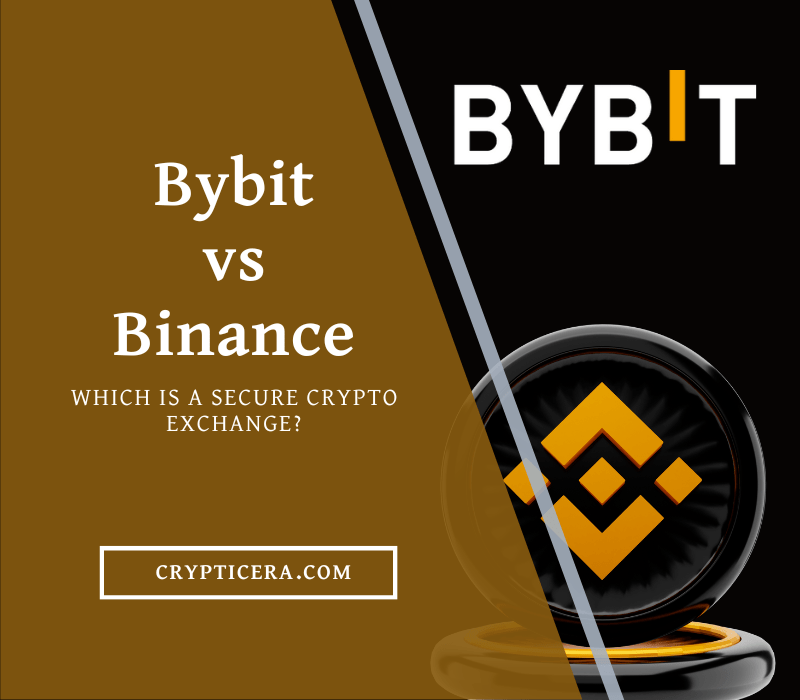Are you trying to decide between Solana and Aptos for your next project?
Both Solana and Aptos are popular platforms in the blockchain industry, but they have distinct differences that make them suitable for different types of projects.
In this blog post, we will compare Solana vs Aptos (APT), highlighting the key features and capabilities of each platform.
Let’s understand How these blockchain platforms help to solve the blockchain Trilemma (Scalability, Security, and Decentralization).
Solana vs Aptos (APT): Key Differences
Here is the comparison between “Solana vs Aptos” based on their key specifications.
| Feature | Solana | Aptos Blockchain |
|---|---|---|
| Launched date | April 2020 | October 2022 |
| Founders | Solana Labs | Aptos Labs |
| Market cap (As of Jan 2022) | $9.2 Billion | $2.2 billion |
| Transaction speed | 65,000 TPS | 130,000 TPS (Not tested) |
| Consensus mechanism | PoH | PoS |
| Transaction fees | Very Low | Low |
| Block time | 400 ms | 4 sec |
| Total value locked (TVL) | $240+ Million | $55+ million |
What is Solana (SOL)?
Solana is a high-performance blockchain platform that aims to deliver lightning-fast transaction speeds and scalability.
Using a unique architecture known as “Proof of History,” Solana is able to process 65,000 transactions per second. This makes it a prime choice for decentralized applications, token issuance, and other blockchain-based projects.
With its cutting-edge technology and a talented team of developers, Solana is poised to be a major player in the world of blockchain and cryptocurrency.
Key Features of Solana
- High throughput: Solana uses a novel consensus algorithm called “Proof of History” (PoH) that allows for high transaction speeds, with the potential to reach up to 65,000 transactions per second.
- Low latency: Transactions on Solana are processed quickly, with a low latency of around 400 milliseconds.
- Energy efficiency: Solana’s consensus algorithm is designed to be energy-efficient, making it more environmentally friendly than other blockchain platforms.
- Decentralized: Solana is a decentralized platform, meaning that it is not controlled by any single entity.
- Low fees: Transactions on Solana have low fees, making it an attractive option for developers and users.
- Developer-friendly: Solana provides a number of developer tools, such as the Solana SDK, to make it easy for developers to create and deploy decentralized applications on the platform.
Also Read: Solana vs Polkadot
Pros and Cons of Solana
| Pros | Cons |
|---|---|
| High throughput and low latency | Network congestion issues |
| Energy efficiency | Limited smart contract capabilities |
| Efficient use of memory | No built-in privacy features |
| Good for decentralized applications and token issuance | |
| High-performance consensus algorithm (Proof-of-Stake) |
What is Aptos (APT)?
Aptos is a Layer-1 blockchain technology that uses Proof-of-Stake to make sure everything is working correctly.
It also has a special programming language called Move that helps make sure all the transactions on the blockchain are legit.
This isn’t some new, untested project either – 350+ developers from all over the world have been working on it for the past three years.
The goal is to make it easy for lots of people to use the benefits of a decentralized system and the latest version of the internet, Web3.
Plus, they made sure to keep things like scalability, safety, reliability, and the ability to make updates in mind when building it.
Key Features of Aptos
- Aptos is a blockchain platform that strongly emphasizes scalability, security, dependability, and adaptability as its foundational principles.
- It draws inspiration from the Diem blockchain and features Move, a programming language developed by Meta based on Rust.
- The network claims to offer high-speed transaction processing with low transaction costs for users.
- The integration of Move, a programming language developed by Meta, improves the speed and security of transactions.
- Aptos has a formal verifier for smart contracts written in Move called the Move prover.
- The blockchain utilizes a smart contracts engine, Block-STM, which can handle multiple transactions in parallel.
Read the Complete Guide on Aptos Blockchain.
Pros and Cons of Aptos
| Pros | Cons |
|---|---|
| High transaction speed (over 150,000 per second) | Relatively New blockchain |
| Data reliability and longevity | Not backtesting |
| Developed by a team with experience from Facebook’s Diem project |
Solana vs Aptos (APT): The Ultimate Comparison

Transaction Speed
Solana has a maximum throughput of 65,000 transactions per second (TPS) and it’s been tested to handle over 65,000 TPS. This makes it one of the fastest blockchain platforms in the market.
Aptos also claims that its network will be able to process over 130k transactions per second using Block-STM.
Smart Contract Language
Solana uses “Rust” as a smart contract language, whereas Aptos (APT) uses “Move” programming language.
Rust is a systems programming language that provides memory safety and high performance. It is designed for building highly concurrent and low-level code, making it well-suited for blockchain development.
Move is a programming language created by Facebook for use in the Libra blockchain. It is designed to provide a secure, efficient, and flexible way to express smart contract logic.
Consensus mechanism
Solana and Aptos use different consensus mechanisms to secure their blockchains and validate transactions.
Solana uses a consensus mechanism called “Proof of History” (PoH). PoH is a novel consensus mechanism that allows for high throughput and low latency on the Solana blockchain.
PoH uses a data structure called a “hash tree” to create a compact representation of all the transactions that have occurred on the blockchain up to a certain point in time.
Aptos on the other hand uses a consensus mechanism called “Proof of Stake with Randomized Validators” (PoS-RV).
PoS-RV is a variant of the traditional proof-of-stake mechanism that uses a random selection process to choose validators.
This mechanism is designed to be more decentralized and less susceptible to centralization as compared to other PoS mechanisms.
Transaction Fees
When it comes to transaction fees, Solana employs a system known as “Transaction Fee Token” (TFT) to cover the cost of processing transactions on its blockchain.
Specifically, transactions are priced based on the number of bytes used, with the current rate at 5,000 lamports per signature. Therefore, the minimum fee would be 0.006 SOL.
Aptos operates with a different approach to transaction fees, it doesn’t have any transaction fees.
However, Aptos uses a mechanism called “Gasless Transactions“. This allows users to execute transactions and smart contracts on the Aptos blockchain without paying any fees.
But there might be a certain fee depending on the platform you are using. It ranges between 0.003 – 0.005 APT Tokens.
SOL vs APT: Token Economics
Solana’s token is called SOL and has a maximum supply of 371,197,829 SOL. The Current market cap is $9.3 billion.
Aptos token is called APT, it has a maximum supply of 159,298,811 APT. The current market cap of the Aptos blockchain is $2.2 billion as of Jan 23, 2023.
How to buy Solana and Aptos Crypto?
You can buy SOL and APT tokens on a variety of cryptocurrency exchanges. Some popular exchanges that list SOL and APT include:
- Binance: One of the largest crypto exchanges by trading volume, Binance lists a variety of crypto assets including SOL and APT.
- Huobi Global: A Singapore-based exchange that offers trading in a wide variety of cryptocurrencies, including Solana and Aptos.
- OKEx: OKEx is a Malta-based exchange that offers leverage and margin trading of Solana and Aptos cryptocurrencies.
Also Read: Best Aptos wallets to store APT Tokens
Conclusion
In summary, Aptos and Solana are both layer-1 blockchain platforms that have attracted attention in the blockchain industry.
Aptos has raised a significant amount of funding from investors such as FTX Ventures, MC, and a16z.
It has been labeled as a potential rival to Solana by the Web3 community and is seen as a unique layer-1 blockchain project.
Meanwhile, Solana is widely considered as a strong alternative to Ethereum, offering improved scalability, speed, cost-efficiency, and security.


